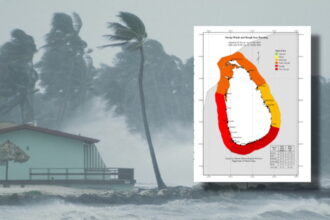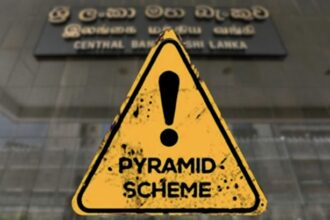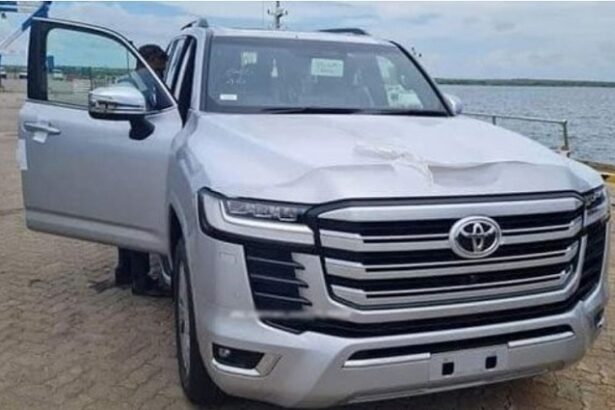As Sri Lanka gears up for the long-anticipated resumption of vehicle imports, the new government has yet to comment on its exact plans.
However, both Central Bank and Finance Ministry officials have confirmed that they can proceed with the framework set by the previous government, as the current economic conditions allow for this phased implementation.
Governor of the Central Bank of Sri Lanka (CBSL), Nandalal Weerasinghe, emphasized that the financial conditions that led the previous government to gradually lift the vehicle import ban remain unchanged, even after the government transition.
“When the previous government made the decision, the CBSL provided recommendations after conducting the necessary technical analysis,” he said.
The previous administration had announced plans to fully ease restrictions on private vehicle imports by February 1, 2025.
Weerasinghe stated that if financial conditions continue on the expected trajectory, maintaining the decision would be feasible. However, the final decision on vehicle imports rests with the Ministry of Finance, he added.
According to News First, imports for public transport vehicles, including buses, have already begun as of October 1.
Light vehicles, including cars, are expected to follow, with imports set to commence in the first quarter of 2024.
The previous government said that the removal of the temporary suspension on the importation of motor vehicles and non-motorized goods, classified under a total of 304 HS Codes, will be done in three stages:
Stage 1:The importation of public passenger transport vehicles, special purpose vehicles, and other non-motorized goods will be allowed starting October 1, 2024.
Stage 2: The temporary suspension on the importation of commercial or goods transportation vehicles will be lifted on December 1, 2024.
Stage 3:The importation of personal usage motor vehicles (including cars, vans, sports utility vehicles, pickups, etc.) will be permitted starting February 1, 2025.
The previous government had introduced a series of key conditions that remain in place as the new administration finalizes its approach. These conditions include:
The import policy will prioritize environmentally friendly vehicles, with the introduction of stricter emissions standards, shifting from Euro 4 to Euro 6 compliance. The policy will also promote electric vehicles, especially the local assembly of electric three-wheelers, while disallowing the import of petrol or diesel-powered three-wheelers, a category notorious for causing traffic accidents.
Starting October 1, 2024, imports of motor cars, sports utility vehicles, motorcycles, and pickups will be limited to those less than three years old. Public passenger and commercial vehicles will be limited to five years, while special purpose and defense vehicles can be up to ten years old.
Importers will be required to sell and register vehicles within 90 days of importation, with penalties introduced for any delays. Furthermore, an annual licensing system will be introduced for importers, manufacturers, and traders to regulate the motor vehicle market and ensure they contribute to the national tax system.
While the reintroduction of imports will put pressure on foreign exchange reserves, measures have been implemented to balance this, including additional duties on motor vehicle imports.
Indika Sampath Merinchige, President of the Vehicle Importers Association of Lanka (VIAL), recently confirmed that the government has indicated positively to move forward with the import plan. However, he dismissed recent rumors of a 600% import tax on vehicles as unfounded, emphasizing that such an increase would cripple the market.
“There’s no point in imposing such a high tax; no one would buy vehicles,” Merinchige stated, adding that some vehicle sales centers are spreading these rumors to sell off their used vehicle stock at inflated prices.
As the import process continues in stages, many expect that the current inflated prices of vehicles in the local market will stabilize, bringing relief to buyers eager for new options at more reasonable rates. (NewsWire)
The post Sri Lanka’s Vehicle Imports : What we know so far appeared first on Newswire.





